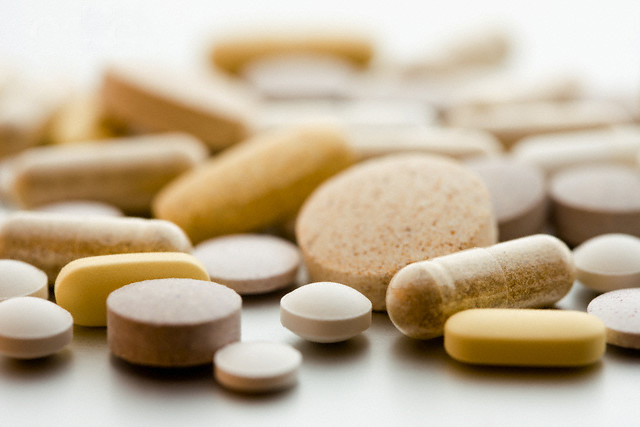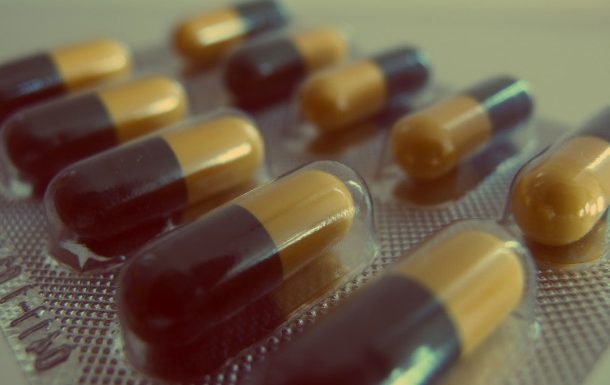
When you get sick or injured, you generally have a lot of other things on your mind besides what to do if your doctor provides you with more medication than you need – in fact, you’re likely more focused on getting that medication in the first place than what will happen down the road. Maybe you’ve been in a car accident and you’re worried about your insurance or you’ve broken your arm and need to get to the hospital. You have others concerns.
Unfortunately, excess prescribing is a major threat to society wide health today because leftover medications are often shared, ending up in the hands of people with substance abuse problems. We all need to be more aware of how to handle our prescription medications appropriately in order to keep ourselves and those around us safe from illicit use.
Learn The Disposal Rules
If you have extra medication, what are you supposed to do with it? No, you’re not supposed to save it for a rainy day so that you can avoid another doctor’s appointment or save a few dollars, and no, you’re also not supposed to just flush your leftover pills down the drain. Instead, you should work with official medication take-back programs to legally get rid of your medication.
Typically a local government agency can tell you how to locate a take-back program in your area. Sometimes there are even nationwide events for returning unused medications. In other cases, your pharmacy or doctor may be able to accept returned medication, moving them along appropriate channels.
If you can’t locate such a program, you can throw out old medications, but that needs to be done correctly. To do this, you should mix your medications together and crush them up with dirt, cat litter, or sand and throw the mixture out in a sealed bag in the trash.
Learn The Signs Of Addiction
Even if you properly dispose of all your medications, it also helps to know some of the signs of prescription drug abuse so that you can support others who may be struggling. Those suffering from addiction may be irritable or depressed, overspending or stealing money, and sometimes taking medication from people they know, such as an elderly relative or sick friend.
Surprisingly, a higher than average level of drug abuse exists within the medical sector, with as many as one in five nurses currently struggling with addiction. This is due to the easy access to medication, particularly in hospital settings where patients may be less familiar with their prescriptions and the appropriate doses. Even though medical professionals know how serious addiction is, the temptation is ever present and can be especially difficult for those in recovery.
Finally, opioid addiction is perhaps the most dangerous form of prescription drug abuse, but it isn’t the only kind. Many are also hooked on the stimulant drugs commonly prescribed for ADHD or anxiety medications like Xanax and Ativan. Taking responsibility for our own medications and leftover prescriptions, however, is a step we all can take to reduce the flow of prescriptions onto the black market.

Leave a Reply